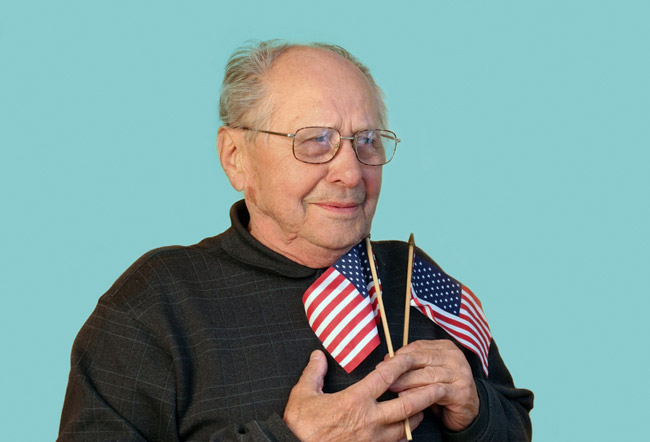September 11 Reality: Americans Surprisingly Resilient

As the sixth anniversary of the September 11, 2001, terrorist attacks come around, some Americans will mark the day in public ceremonies. Others will privately acknowledge the event, while many will go about their daily lives with only a passing notice. While the attacks have affected all Americans in one way or another, there's little evidence that American lives changed significantly.
Within days of the attacks, journalists and pundits proclaimed that America would be changed forever. Americans would view the world and everything in it through a post-terrorism prism.
Some claimed that the attacks would bring about a national period of self-reflection; others said that Americans would reject superficial pop culture diversions such as Britney Spears and Brad Pitt's current squeeze in favor of understanding global geopolitics. Still others asked if comedy could be funny after September 11.
The claim that everything had changed was everywhere; in The Buffalo News, for example, writer Laurie Githens wrote that "the you that you are now—the person who is completely different from the you of Sept. 10, is not going away ... Everything has changed. We have been, at the core of our character, rearranged."
Yet popular assumptions and media reports to the contrary, research suggests that Americans have changed little. A poll published on Oct. 10, 2001, barely a month after the attacks, found that "nearly half of Americans surveyed—44 percent— say the attacks ... had no lasting impact on their mental health." A recent USA Today/Gallup Poll found that, when asked if the terrorist attacks changed the way they live, fewer than one-third of Americans said "yes."
A common media myth that sprung up after the attacks was that American tastes in entertainment would be forever changed. After seeing real-life horrors, the experts claimed, Americans would yearn for non-violent, wholesome family fare. Pundits filled pages second-guessing America’s taste in entertainment—nearly all of which turned out to be overstated or flat-out wrong.
Entertainment Weekly magazine, for example, devoted much of its Sept. 28, 2001, issue to, as the cover put it, "The challenge to our culture." The magazine joined in the media chorus talking about the death of irony and the dramatic impact terrorism would have on the entertainment industry. Writer Jeff Gordinier wrote that "it’s hard to believe that we’ll ever see anything the same way ... it took only an instant of excruciating reality to render our old [entertainment] appetites moot, piddling, even nauseating." The effect was so profound, Gordinier wrote, that "the mere glimpse of a quippy sitcom was enough to induce a sour grind of physical revulsion."
Sign up for the Live Science daily newsletter now
Get the world’s most fascinating discoveries delivered straight to your inbox.
That effect, if it was ever true, seems to have been short-lived.
Within months, American tastes in entertainment returned to "normal" and in fact grew even more gory, sadistic, and horrifying than before 2001. "Torture porn" films such as "Saw" and "The Hills Have Eyes" were so successful that they spawned dozens of sequels and imitators. ("Saw," which features victims being tortured to death in creative, sadistic ways, grossed more than $100 million in box office sales worldwide.) Quippy sitcoms are everywhere, and more Americans can name Britney Spears's ex-husband than the prime minister of Iraq.
Claims that tragedies fundamentally change the American character are not new, of course. Similar pronouncements followed the Columbine shootings and the Oklahoma City bombing, as well as the 1993 World Trade Center bombing. Certainly, the September 11 attacks were of a different scale, but the "everything has changed" motif has been disproven over and over again.
Americans are much more resilient than they are given credit for.
America will always live with the legacy of the September 11 attacks, in myriad ways ranging from airport security to annual memorials. But there's little evidence that the average American's life or character has been changed forever.
Benjamin Radford is LiveScience's Bad Science columnist. He wrote about the news media’s coverage of the September 11 attacks in "Media Mythmakers: How Journalists, Activists, and Advertisers Mislead Us" (2003). This and other books are noted on his website.










